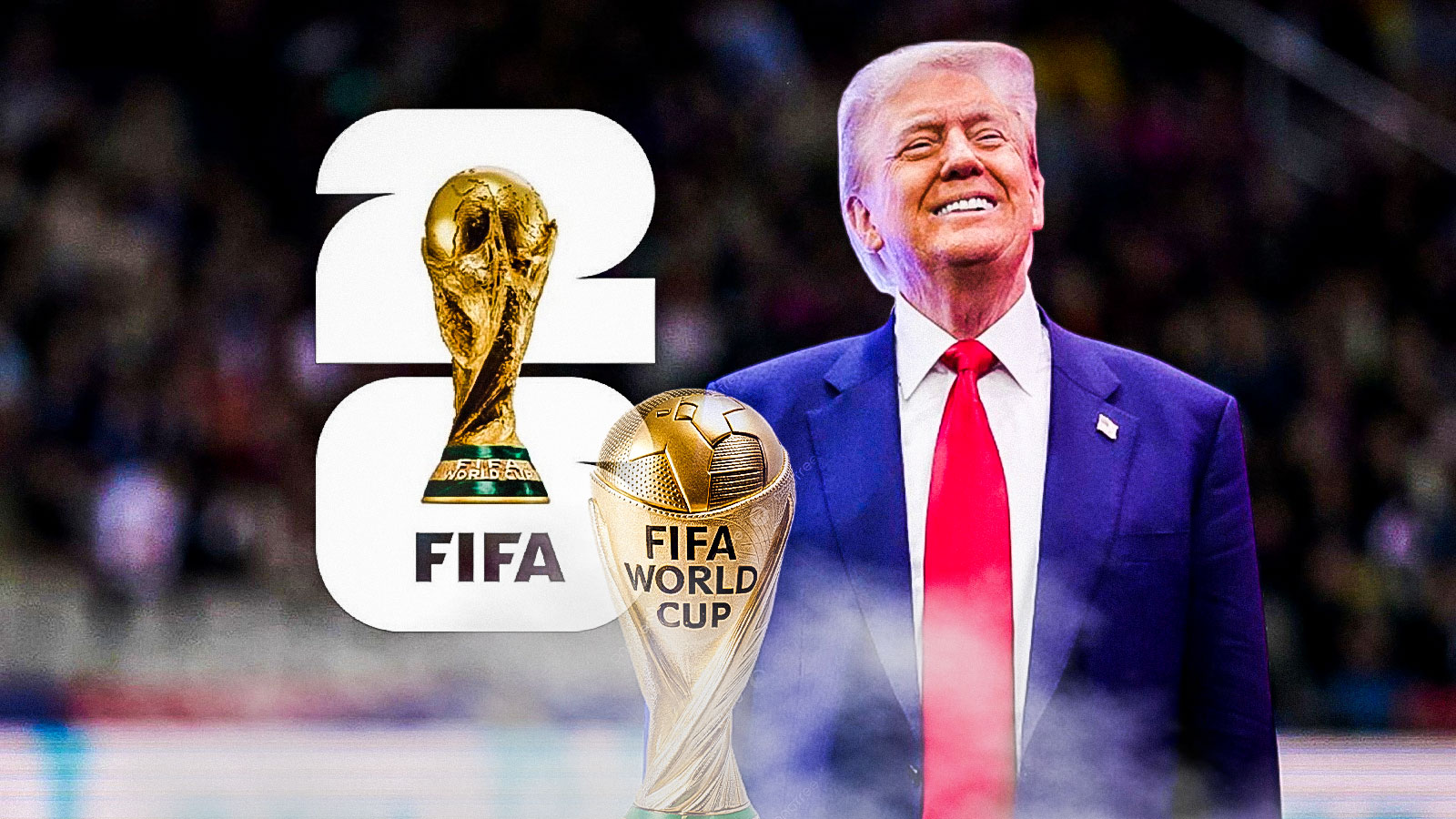For England and its football, tradition often stands as a cornerstone, revered and cherished by fans and clubs alike. Yet, recent developments in the FA Cup landscape have stirred controversy and ignited a heated debate within the footballing community. At the heart of the matter lies the contentious decision to abolish replays in the esteemed competition, a move met with outcry and dissent from lower-tier clubs.
Amid the uproar, a political dimension emerges, with Members of Parliament calling for reconsidering the FA Cup replay row. Former Lib Dem leader Tim Farron spearheads this push, advocating for an amendment to grant the Regulator authority to reinstate replays. Farron, bolstered by bipartisan support, emphasizes the importance of all member clubs having a say in shaping the competition's rules.
However, as the debate continues, a specter looms over English football – the threat of Fifa intervention. The prospect of government interference in the FA's affairs raises red flags, potentially breaching Fifa's strict membership rules. Instances from around the globe serve as cautionary tales, with football associations facing suspension due to external influences.
A Risky Proposition for England: Fifa's Response
In the annals of football governance, the specter of Fifa casts a long shadow, wielding authority over the sport's global landscape. Any semblance of government interference in national football associations can trigger Fifa's scrutiny, posing a significant risk to England's standing in international football. The potential fallout from the FA Cup replay row extends beyond domestic ramifications, threatening England's participation on the world stage.
“The possibility of Fifa determining government interference in the FA's affairs could jeopardize England's standing in international football,” warns a familiar source. “Such a scenario could trigger punitive measures, ranging from warnings to outright bans, casting a shadow over England's footballing future.”
In the wake of Spain's governance turmoil within the RFEF, parallels emerge, underscoring the delicate balance between football and politics. While the likelihood of England facing a similar fate remains uncertain, the implications of government intervention reverberate across footballing spheres, prompting stakeholders to tread cautiously.
Navigating Uncharted Waters: The FA's Decision
Against this backdrop of uncertainty, the English FA's decision to overhaul the FA Cup format marks a significant departure from tradition. The elimination of replays and the shift to weekend fixtures signify a seismic shift in the competition's structure. While aimed at modernizing the tournament and minimizing scheduling conflicts, the move has elicited backlash from lower-tier clubs, who feel marginalized in the decision-making process.
“The abolition of FA Cup replays without consultation with lower-tier clubs undermines the integrity of the competition,” asserts a spokesperson for the EFL. “It further exacerbates the growing disparity between elite and grassroots football, posing a threat to the sport's future.”
As the FA Cup landscape undergoes seismic shifts, the ramifications of these decisions reverberate far beyond the confines of domestic football. The delicate balance between tradition and modernization, coupled with the specter of Fifa intervention, underscores the complexities inherent in governing the beautiful game.
In the crucible of controversy, England's footballing future hangs in the balance, with the FA Cup replay row serving as a litmus test of the sport's resilience and adaptability in an ever-evolving landscape. As stakeholders grapple with competing interests, the specter of Fifa looms large, reminding all parties of the stakes at hand. In navigating these uncharted waters, collaboration and foresight emerge as the keys to safeguarding England's footballing legacy for generations to come.




















